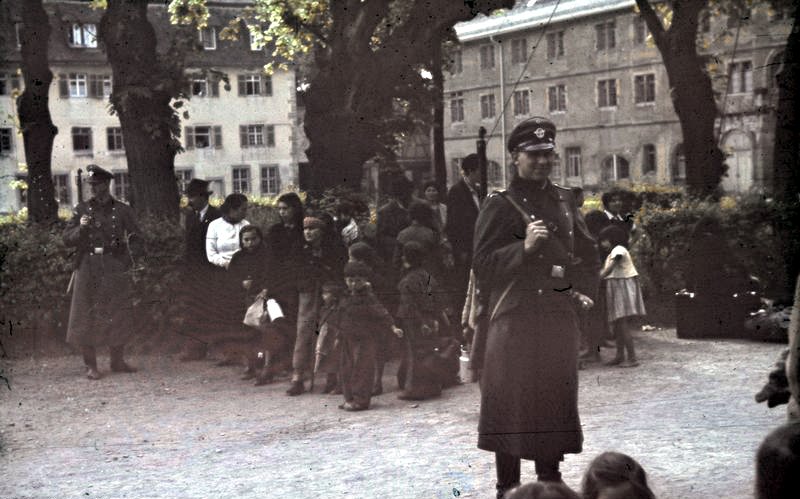On the evening of 16 May 1944, nearly 6000 Roma and Sinti imprisoned in the Auschwitz-Birkenau Concentration Camp were supposed to be round up and sent to the gas chambers. Having learned that in advance, they decided to fight back and defend themselves.
When the SS guards came to close down the so-called "Gypsy Family Camp", they were met with armed resistance from the Romani inmates. Taken by surprise and fearing that the revolt would spread to other parts of the camp, the Germans decided to retreat.
The act of resistance allowed the Roma and Sinti prisoners to put off execution for several more months.
To commemorate these heroic events, on 16 May we observe the Romani Resistance Day.
The Nuremberg Laws classified Romani people as "enemies of the race-based state". Thus, during the Second World War, they experienced persecution, mass killings and mass deportations to concentration camps — events also known as Pharrajimos or the Romani genocide.
